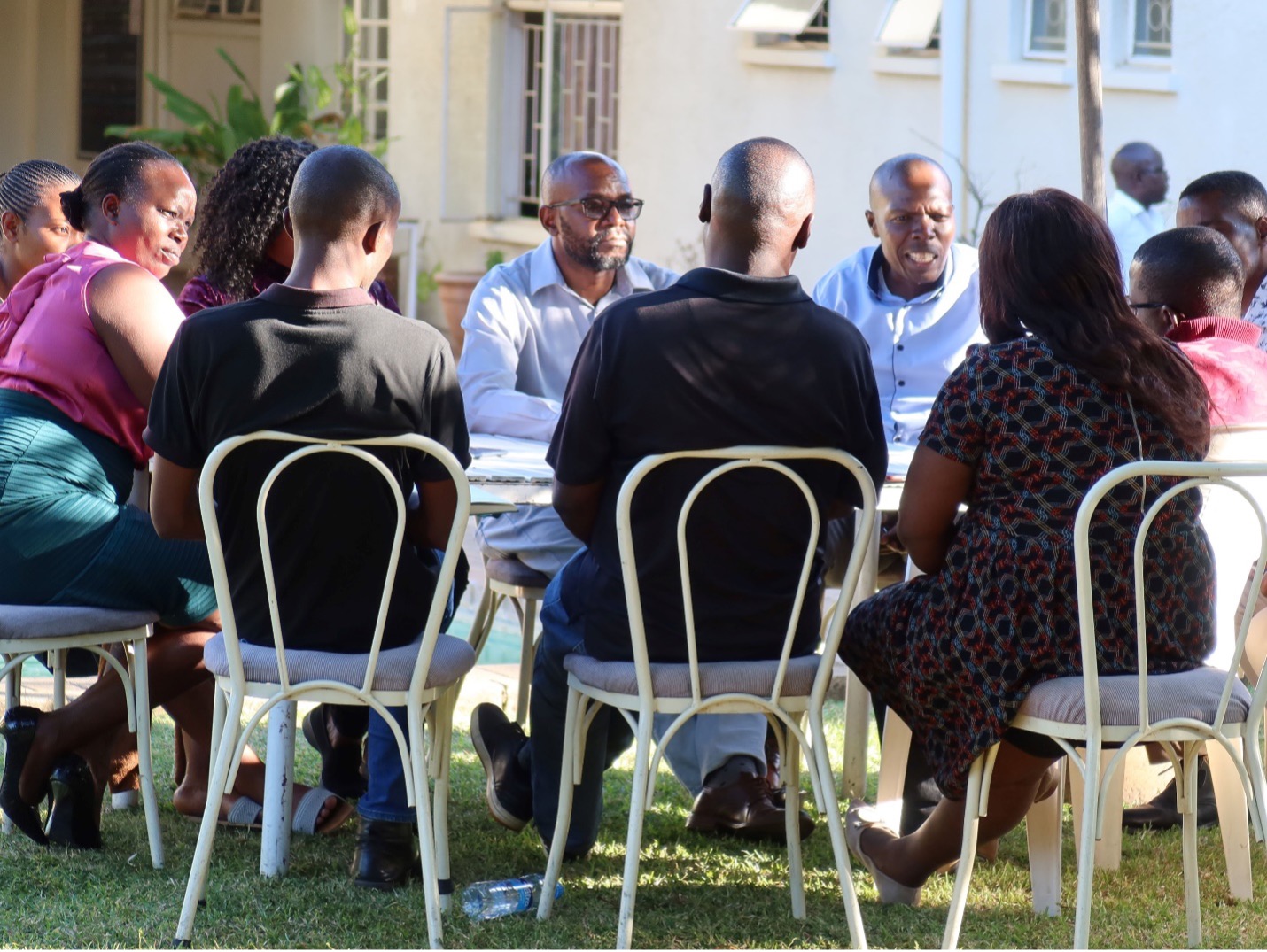Strengthening Zambia’s soil laboratories through expert training
Members of the Zambia Soil Laboratory Network (ZASOLAN) attended a 5-day training workshop designed to enhance the analytical capacities and proficiency in soil analysis techniques of soil testing laboratories across Zambia. Representatives from 12 soil testing laboratories participated in the event, held from the 6th to the 10th of May in Kabwe district, central province. The workshop provided a platform for the ZASOLAN laboratories to interact with each other while building their capacity in soil analysis and promoting harmonization processes of soil analysis at the national level.

The workshop was conducted within the framework of the “Soil mapping for resilient agri-food systems in Central America and sub-Saharan Africa” (SoilFER) project funded by the United States Government. Launched in Zambia in 2023, SoilFER aims to improve agricultural practices and resilience in these regions. This project is a collaborative effort of the Land and Water Division of FAO, its Global Soil Partnership (GSP) and governments and strategic partners working together to leverage soil data for the benefit of rural populations, smallholder farmers, local institutions, governments, and researchers.
The workshop was the first in a series planned for laboratory staff under the SoilFER project. It was jointly organized by the FAO’s GSP, FAO Zambia country office in collaboration with the Ministry of Agriculture and the University of Zambia. The event was officially opened by the District Commissioner for Kabwe, Mr. Lennox Shimwambwa who underscored the importance of accurate and precise soil analysis data in enhancing agricultural productivity for improved livelihoods, aligning with Zambia’s National Development Plan. Other notable addresses included the Director of the Zambia Agriculture Research Institute (ZARI) and the Provincial Agricultural Coordinator.
 Participants engaged in extensive discussion on key aspects related to soil laboratory work, including laboratory health and safety, metrological traceability, analytical equipment maintenance and handling as well as preparation of internal reference material. Thanks to the commitment of the ZARI’s Kabwe research station and UNZA management and staff, participants also engaged in practical laboratory sessions. These sessions focussed on enhancing participant’s capacities in analysing soil physical and chemical parameters using the harmonized GLOSOLAN SOPs for soil organic carbon, pH, phosphorus, and bulk density.
Participants engaged in extensive discussion on key aspects related to soil laboratory work, including laboratory health and safety, metrological traceability, analytical equipment maintenance and handling as well as preparation of internal reference material. Thanks to the commitment of the ZARI’s Kabwe research station and UNZA management and staff, participants also engaged in practical laboratory sessions. These sessions focussed on enhancing participant’s capacities in analysing soil physical and chemical parameters using the harmonized GLOSOLAN SOPs for soil organic carbon, pH, phosphorus, and bulk density.
The training served as a perfect launchpad for future training sessions which will build on this success to further enhance the competency of soil testing laboratories in Zambia. The ongoing training series under the SoilFER project will continue to improve the capabilities of laboratory staff, ultimately contributing to the advancement of Zambia’s agricultural sector for better production, better nutrition, a better environment, and a better life, leaving no one behind.
